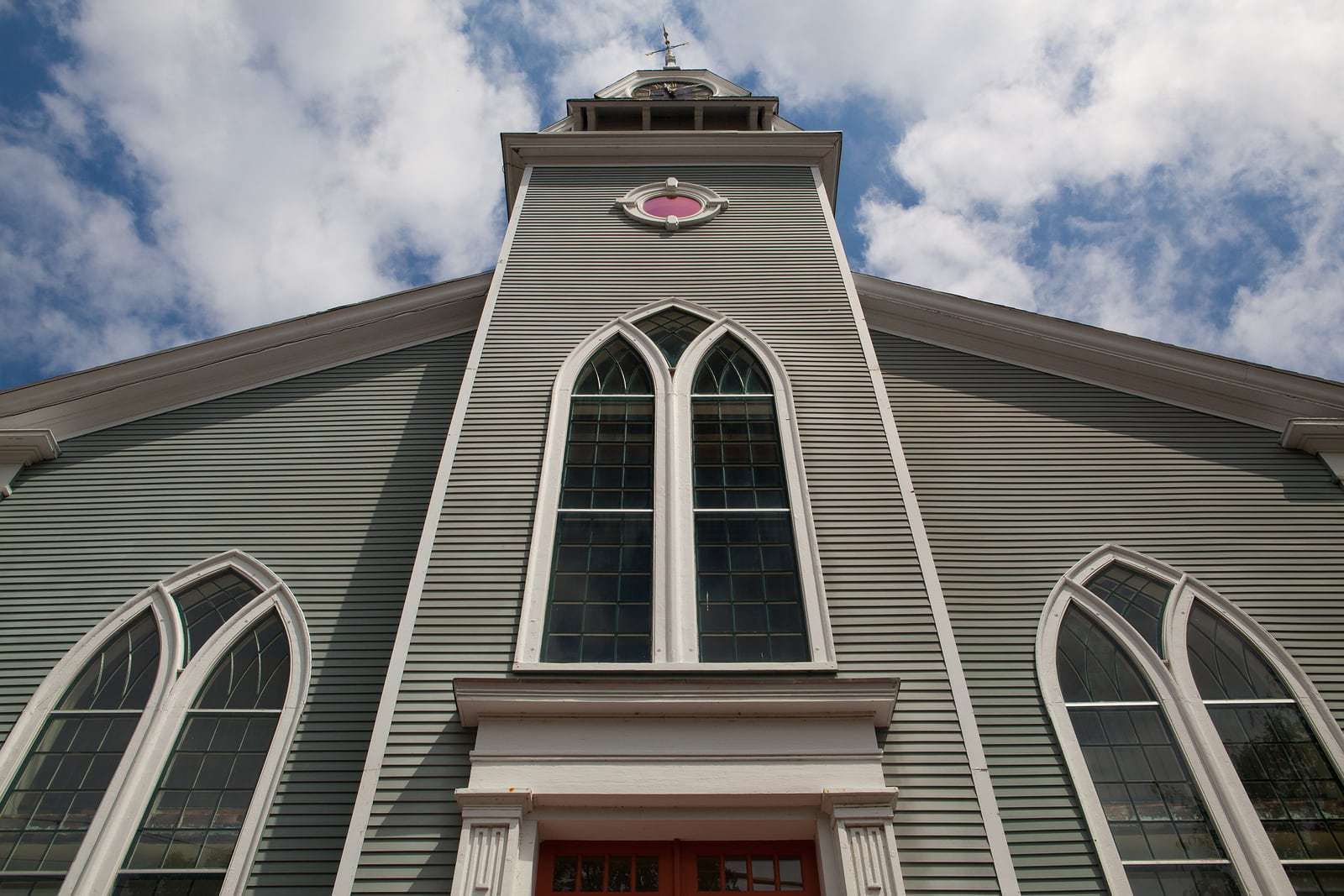The Volokh Conspiracy
Mostly law professors | Sometimes contrarian | Often libertarian | Always independent
Massachusetts: Churches may be covered by transgender discrimination bans, as to 'secular events'

From the official Massachusetts Commission Against Discrimination's Gender Identity Guidance, just released last week:
Even a church could be seen as a place of public accommodation if it holds a secular event, such as a spaghetti supper, that is open to the general public.
Now, churches hold events "open to the general public" all the time - it's often how they seek new converts. And even church "secular events," which I take it means events that don't involve overt worship, are generally viewed by the church as part of its ministry, and certainly as a means of the church modeling what it believes to be religiously sound behavior.
My guess is that most churches would not turn someone away from a generally open spaghetti supper. (Though I think churches should be free to exclude transgender attendees - just as they should be free to hold men-only and women-only events or, for that matter, black-only events, white-only events, events only for ethnic Jews, and the like - that is a question for another day.)
But some religious leaders, as well as the church employees and volunteers, may refuse to use pronouns that they believe are inconsistent with God's plan as revealed by anatomy. To quote one example - whether or not you agree with its logic or theology -
Truth-telling is always necessary for the Christian (Eph. 4:15). We are not allowed speak in ways that are fundamentally dishonest and that undermine the truth of God's word about how he made us and the world. Transgender ideology is fundamentally a revolt against God's truth. It encourages people-sometimes very disturbed and hurting people-to deny who God made them to be. It traps them in a way of thinking and living that is harmful to them and that alienates them from God's truth. We do not serve them or love them well by speaking as if transgender fictions are true. …
The practical upshot of this principle means that I must never encourage or accomodate transgender fictions with my words. In fact, I have an obligation to expose them. For me, that means that I may never refer to a biological male with pronouns that encourage him to think of himself as a female. Likewise, I may never refer to a biological female with pronouns that encourage her to think of herself as a male. In other words, I have to speak truthfully. And that includes the choice of pronouns that I use.
Under Massachusetts law, refusing to use a transgender person's preferred pronoun would be punishable discrimination. (At least this is true of "he" or "she" - I saw nothing in the document about "ze" and other newly made-up pronouns.) The Massachusetts document I linked to makes that clear in the employment context, and it also makes clear that the antidiscrimination law rules apply to places of public accommodations (including churches, in "secular events" "open to the public") just as much as to employment.
Indeed, a church might be liable even for statements by its congregants (and not just its volunteers, who are acting as agents) that are critical of transgender people. Tolerating such remarks is generally seen as allowing a "hostile environment," and therefore "harassment." Indeed, the statement I linked to specifically encourages people to "prohibit derogatory comments or jokes about transgender persons from employees, clients, vendors and any others, and promptly investigate and discipline persons who engage in discriminatory conduct" (emphasis added). But that's not just encouragement; it simply reflects hostile work environment harassment law, which has long required employers to restrict derogatory speech by clients, to prevent "hostile environments." See 29 C.F.R. § 1604.11. The same logic applies for places of public accommodation, which Massachusetts says can include churches.
Now some might think this is fine: Everyone should use the pronouns that the subjects prefer, the argument would go, even if the speaker views such use as endorsement of what the speaker sees as falsehood, or of a wrong-headed ideology. People shouldn't say derogatory things about transgender people, at least when those people can overhear. Maybe churches could do something different in sermons, or behind closed doors - but once they open their doors for "secular events," church leaders have to use the words that the law requires, even when they view them as false or even blasphemous, and have to suppress offensive speech by their congregants. I don't share this view, but I take it that some do.
But I just think it should be clear that this is where these rules are headed, at least in places like Massachusetts but likely elsewhere as well.
Thanks to Prof. Howard Friedman (Religion Clause) for the pointer.


Show Comments (0)